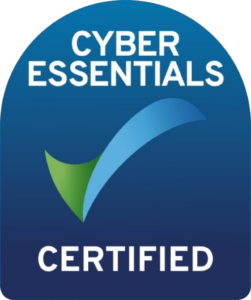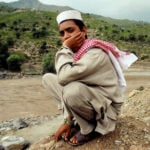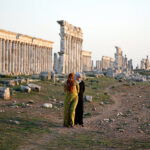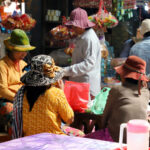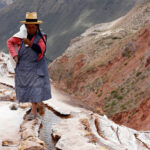Aleppo Autumn Elections
Aleppo Autumn Elections
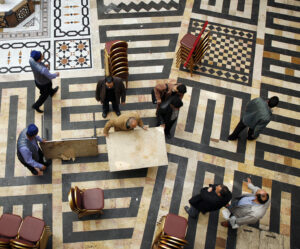 Syria Policy Briefing: In rebel-controlled areas of Aleppo, local councils and committees of notables have grown in number to provide basic administration and service provision. They face an extremely challenging environment. In addition to an absence of basic security, they have suffered from a paucity of resources (both financial and in terms of food and medical supplies), the curtailment of utilities run from government-held zones and often a lack of administrative capacity as it is frequently manned by volunteers and notables who may not necessarily possess the requisite skills.
Syria Policy Briefing: In rebel-controlled areas of Aleppo, local councils and committees of notables have grown in number to provide basic administration and service provision. They face an extremely challenging environment. In addition to an absence of basic security, they have suffered from a paucity of resources (both financial and in terms of food and medical supplies), the curtailment of utilities run from government-held zones and often a lack of administrative capacity as it is frequently manned by volunteers and notables who may not necessarily possess the requisite skills.
The first initiative to standardise institutions and promote effective cooperation between the internal and external opposition appeared in August 2012, when local activists attempted to establish an Aleppo Transitional Revolutionary Council (ATRC) endorsed by both foreign governments and the National Coalition (NC), who awarded the ATRC a seat on its board. Concerns that the body was unrepresentative and too closely allied to armed groups, together with practical complaints over its ability to distribute relief equitably across the governorate meant that the ATRC proved unable to win legitimacy. Its inability to gain sufficient relief funds in the first place has also contributed to its failure.
There was however, continued pressure from foreign donor organisations for a coordinating body to be set up to facilitate relief distribution. Thereafter, a coalition of activists across the governorate managed to gain broad acceptance for elections to create an Aleppo Governorate Council (AGC) and these were held in Gaziantep in Turkey in March 2012.
Since the security situation precluded direct elections, a 240-person High Electoral Committee chose 13 members for Aleppo City and 16 for the Aleppo Countryside. Although the committee included representatives of the various ethno-religious minority groups in the governorate (Kurds, Christians, Turkmen) as well as women, ensuring the election of members from these groups was more problematic. Despite 19 women being nominated to the electoral committee, only 6 were able to travel to Gaziantep, and no women were elected to the council. Christians comprise 10% of the population of Aleppo City, but most reside in government-held areas, making many reportedly unwilling to be nominated for election. While 22 Kurds were members of the electoral committee (an under-representation, given they account for around a quarter of the population of the governorate), those chosen to participate mostly came from Kurdish groups with no history of friction with the local FSA-umbrella. The important Kurdish-majority towns of Efrin and Kobani, for instance, had no representation at the elections.
Although fresh elections to the AGC were due to take place six months later (i.e. September 2013), to date they have not been held, and although the 1st November has been mooted and a preparatory committee formed, no date has been finalised. Reportedly, the LACs in Aleppo Governorate are well developed but are greatly lacking in funds, which hampers their ability to provide much needed services. The lack of female representation has provoked greater debate and a group of Aleppo activists are now pushing for 25% of all posts at the next Aleppo LAC election to be reserved for women. Issues between the city and the province continue to be negotiated when it comes to roles and responsibilities in relation to the provision of basic services, contact with donors and also the prerogatives of the Aleppo city council.
Two key issues appear crucial to the success of the next elections in Aleppo Governorate. The first is the AGC’s ability to attract funding to deliver relief effectively and equitably. Secondly good relations with armed actors, who act as essential security forces in many locations and who control key access routes into and around liberated parts of the governorate, remain crucial. Regardless of the electoral results therefore, the next AGC will find itself obliged to tread a narrow path between donors’ exigencies, armed groups’ demands, and pressure from the public to deliver.

